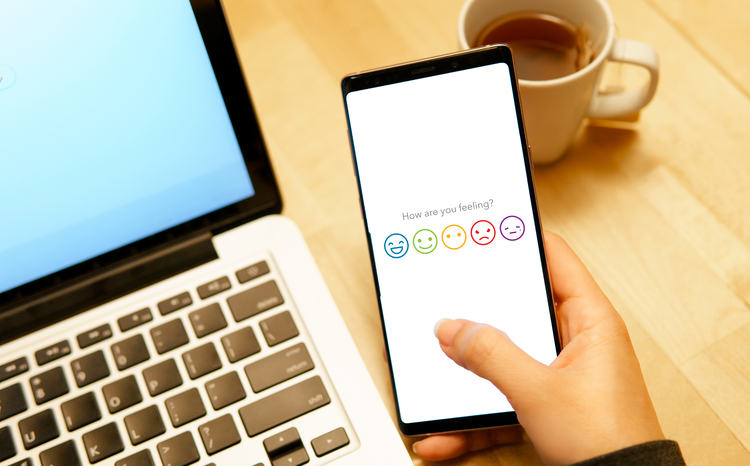Commission calls for better use of information
- 5 December 2007
High-quality information about patients’ care should be used better to measure how well providers are performing, the Healthcare Commission has recommended to the government in its State of Healthcare 2007 report.
The recommendation is one of six made in the commission’s annual independent report presented to parliament regarding the state of healthcare in England and Wales.
Commission chairman, Professor Sir Ian Kennedy, said: “High-quality information about patients’ care is crucial for measuring how well healthcare providers are performing and highlighting where they need to improve. Where data was not available, for example on sexual health, we could not be confident about the performance of services.
“Information needs to be available on a comparative basis across the public and private healthcare sectors, and published in a way that patients can access and understand.”
The commission surveyed 80,000 patients at a variety of hospital trusts and found that, overall, patients and users of services were positive about the way that clinicians communicated with them. However, there was concern that patients were not sufficiently informed on what was happening to them.
“We had concerns about the level of information provided to them about their condition or treatment. For example, in our survey of community mental health service users, a third of those who had been prescribed new medication said that they were not told about the possible side effects.”
The commission says that 7% of the complaints it is asked to review, relate to delays and coordination of care.
“One point of frustration for patients is when staff do not have access to their notes, so they have to repeat their story over and over again to different clinicians. In all, 8% of people surveyed said that when they were referred to a specialist, the specialist did not seem to have all the information they needed.”
They stress that good information on the availability of services, the possible side effects of medication, the risk of complications, and prognosis, not only enhances a patient’s experience but can also have a positive impact on the clinical effectiveness of their treatment.
“Too often we hear from people who say they are not receiving the right information to help them manage their condition, and are not properly involved in decisions about their care.”
Problems with information were also found at GP level, with over half of PCTs not meeting the indicator for having GP practice registers of people at risk of long-term conditions such as diabetes or heart disease.
“These registers are an important tool for making sure that people with long-term conditions receive the right information and support. GPs also fell short on measuring obesity in their patients. This is a concern to us, in view of increasing obesity and its links to long-term illnesses such as diabetes and coronary heart disease."
Fears were also expressed that despite increasing use of the National Reporting and Learning System, staff were still not sufficiently aware of how to ensure all incidents are reported immediately.
“Our surveys showed that awareness among staff of incidents affecting patient or staff safety, and how to report them, may be decreasing. It also highlighted real or perceived barriers for staff about reporting incidents, and that their confidence in how their employers handled reports was not as high as it could be.
“In the light of our findings, we are asking healthcare providers to improve the safety culture within their organisations so that they can better learn from information available to them, including clinical outcomes, complaints, errors and near misses.”
This was as important for the independent sector as it was for the NHS: “Our review of independent sector treatment centres showed that information needs to be collected and published on a comparative basis across the public and private sectors in order to monitor quality of care effectively.”
Concluding, the commission stresses: “Healthcare organisations need to place more emphasis on listening to patients, providing them with accessible information, and understanding and addressing their individual needs. Healthcare providers in the independent sector and NHS need to do more to assess the outcomes of their services through benchmarking and audit.
“At a national level, there needs to be agreement on which information is important, and information should be published on a national comparative basis. Healthcare providers and commissioners need to focus more on learning from information already available to them, in particular from data on clinical outcomes and complaints, errors and near misses. Senior staff must take the lead in establishing a culture of learning from mistakes and putting patients at the centre of the decision-making process.”
Professor Kennedy said healthcare has improved, and the government should work to ensure this trend continues.
He said: “Let’s be clear that healthcare has improved. Cuts in waiting times have been genuinely dramatic and millions more people are seeing their doctors sooner. People are living longer because of improvements in health and in the quality of care. We should acknowledge and celebrate these successes.
“But we should also be clear that there is still some way to go before everyone gets world class care. Most organisations offer patients a good overall experience, but some lag behind. We need more attention on ensuring that patients get personalised care and fair access to services. Purchasing and providing primary care affects millions of patients and all our work shows that it is not as good as it should be.”
Links
State of Healthcare 2007 report
Joe Fernandez




